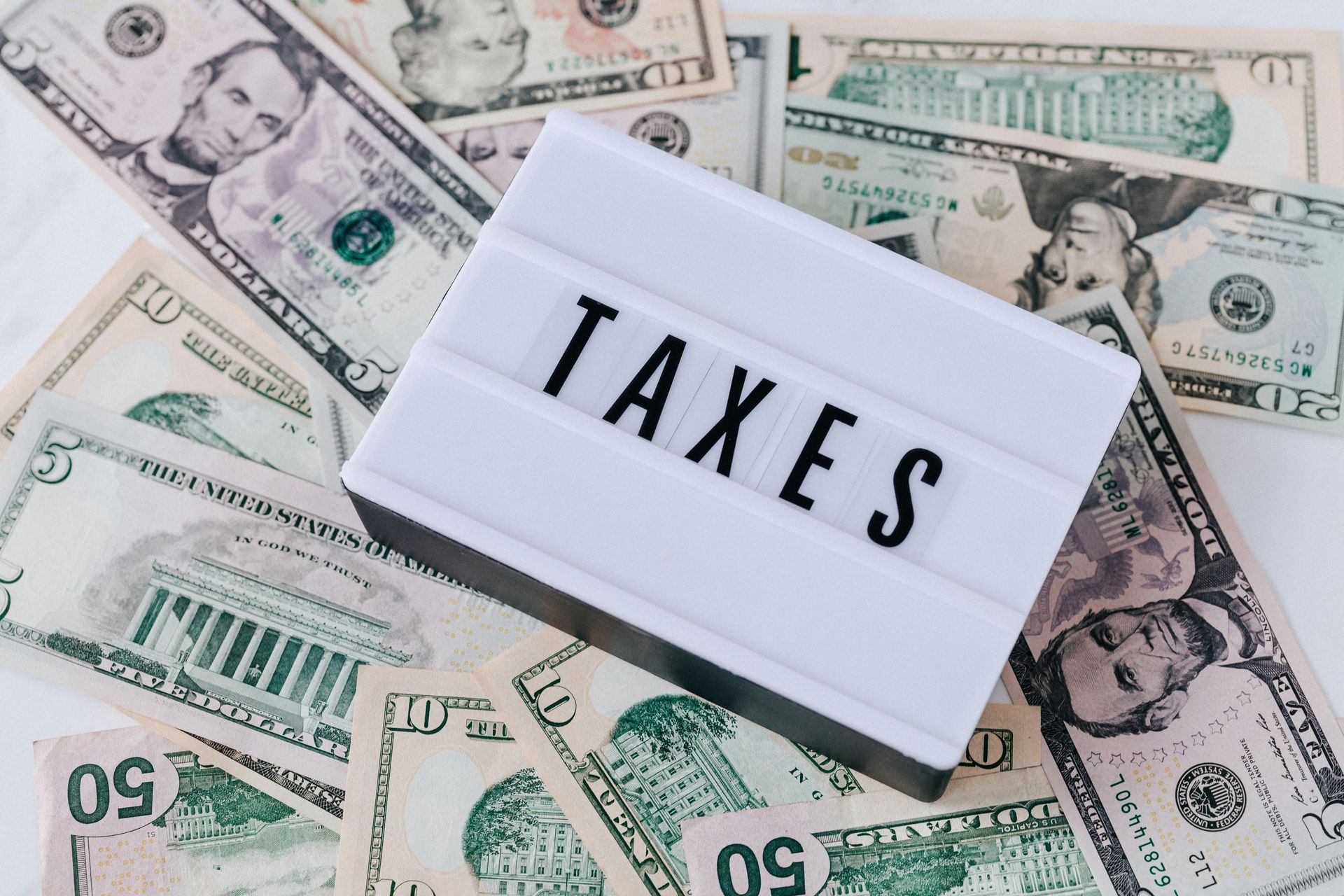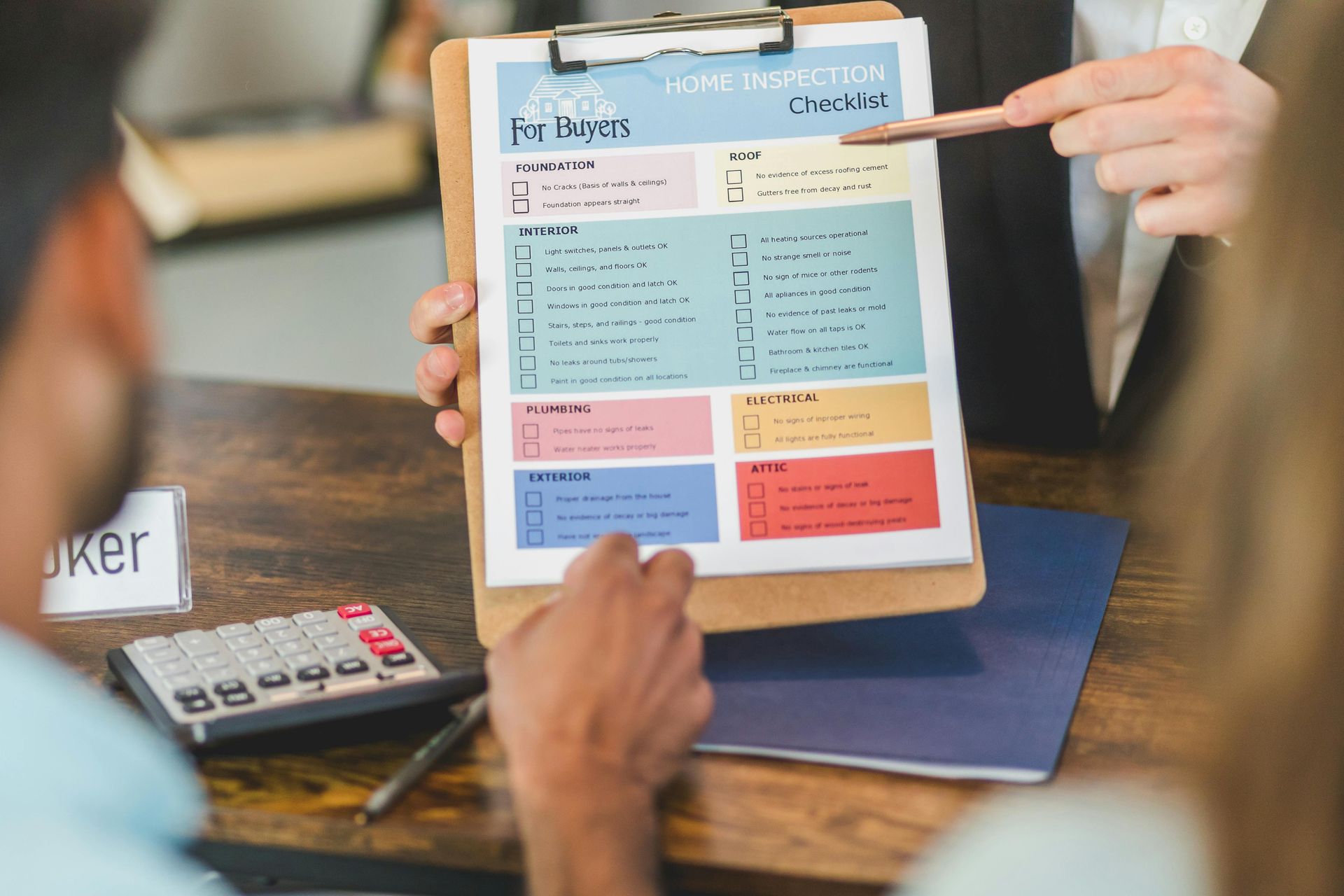How New Florida Homeowners Can Save Thousands with the Homestead Tax Exemption
Congratulations on purchasing your new home in the Sunshine State! As a new Florida homeowner, you’re about to discover one of the state’s most valuable tax benefits: the homestead exemption. This powerful tax-saving tool can reduce your annual property tax bill by hundreds or even thousands of dollars, making homeownership more affordable and putting money back in your pocket.

What is Florida’s Homestead Exemption?
Florida’s homestead exemption is a constitutional provision that reduces the taxable value of your primary residence for property tax purposes. The exemption removes up to $50,000 from your home’s assessed value before property taxes are calculated, resulting in significant annual savings for qualifying homeowners.
The exemption breaks down into two parts:
• $25,000 exemption applies to all taxing authorities (county, city, school district, special districts)
• Additional $25,000 exemption applies only to non-school taxes on home values between $50,000 and $75,000
How Much Can You Actually Save?
The savings from Florida’s homestead exemption vary based on your home’s value and local tax rates, but the benefits are substantial. Here’s what new homeowners can expect:
Example Savings Scenarios:
• Home valued at $300,000: Potential annual savings of $750-$1,500
• Home valued at $500,000: Potential annual savings of $1,000-$2,000
• Home valued at $750,000: Potential annual savings of $1,250-$2,500
These savings compound year after year, meaning a new homeowner could save $10,000 to $25,000 or more over a decade of homeownership.
Eligibility Requirements for New Homeowners
To qualify for Florida’s homestead exemption, you must meet specific criteria as a new homeowner:
Primary Requirements:
• The property must be your permanent primary residence as of January 1st
• You must have legal title to the property
• You must be a Florida resident
• The property must be used as your homestead
Residency Proof:
New homeowners need to demonstrate Florida residency through documents such as:
• Florida driver’s license or state ID
• Florida voter registration
• Filing Florida as your state of residence for tax purposes
• Proof of employment in Florida
Step-by-Step Application Process
Applying for your homestead exemption is straightforward, but timing is crucial for new homeowners:
1. Gather Required Documents
• Deed or title to your property
• Florida driver’s license or ID
• Social Security card or ITIN documentation
• Proof of permanent residency
2. Complete the Application
• Fill out Form DR-501 (Application for Homestead Exemption)
• Available online through your county property appraiser’s website
• Can be completed digitally or on paper
3. Submit Before the Deadline
• Critical deadline: March 1st of the year you want the exemption to take effect
• Applications received after March 1st won’t take effect until the following tax year
• Some counties accept late applications with good cause
4. Wait for Approval
• County property appraiser reviews your application
• Approval typically occurs within 30-60 days
• You’ll receive written confirmation of approval
Critical Deadlines New Homeowners Must Know
Understanding deadlines is essential for maximizing your tax savings:
March 1st Annual Deadline: This is the most important date for homestead exemptions. Applications must be submitted by March 1st to receive the exemption for that tax year.
New Homeowner Strategy: If you purchase your home after March 1st, you should still apply immediately for the following year’s exemption. Don’t wait until the next March – apply as soon as you take ownership.
Pro Tip for Recent Buyers: Even if you missed this year’s deadline, applying now ensures you won’t miss next year’s significant savings.
Additional Benefits Beyond Tax Savings
Florida’s homestead exemption offers new homeowners more than just annual tax relief:
Save Our Homes Cap: Once you receive homestead exemption, the Save Our Homes provision limits annual increases in your home’s assessed value to 3% or the Consumer Price Index, whichever is lower. This protection helps keep your property taxes predictable and affordable long-term.
Portability Benefits: If you later move to another Florida home, you can transfer some of your accumulated Save Our Homes benefit to your new primary residence, maintaining tax savings even when relocating.
Asset Protection: Florida’s homestead exemption also provides significant creditor protection for your primary residence, offering financial security beyond tax benefits.
Common Mistakes New Homeowners Should Avoid
Avoid these costly errors that can delay or prevent your exemption approval:
Missing the March 1st Deadline: This is the most expensive mistake new homeowners make. Mark your calendar and apply early.
Incomplete Applications: Double-check all required fields and supporting documentation before submitting.
Assuming Automatic Approval: Even if previous owners had homestead exemption, you must apply as the new owner.
Not Updating After Marriage or Divorce: Life changes can affect your exemption status and require updates to your application.
How to Apply Online vs. In-Person
Most Florida counties now offer convenient online applications:
Online Applications:
• Available 24/7 through county property appraiser websites
• Faster processing times
• Immediate confirmation of receipt
• Ability to upload supporting documents digitally
In-Person Applications:
• Available at county property appraiser offices
• Staff assistance with complex situations
• Immediate review for completeness
• Traditional paper-based process
What Happens After Approval?
Once approved for homestead exemption, new homeowners can expect:
Immediate Benefits: Your next property tax bill will reflect the reduced taxable value, showing clear savings from the exemption.
Annual Automatic Renewal: The exemption continues automatically each year as long as you maintain the property as your primary residence.
Save Our Homes Protection: Your assessed value increases will be capped, providing long-term tax stability.
Ongoing Compliance: You must notify the property appraiser if you change your primary residence or no longer qualify for the exemption.
Special Considerations for Different Property Types
Different property types may have unique considerations for new homeowners:
Condominiums and Townhomes: Fully eligible for homestead exemption with the same benefits as single-family homes.
Mobile Homes: Qualify if permanently affixed to land you own and used as your primary residence.
Co-owned Properties: Each owner can apply for homestead exemption on their portion if they meet residency requirements.
Planning Your First Year of Homeownership
New Florida homeowners should integrate homestead exemption planning into their broader financial strategy:
Budget Planning: Factor your expected property tax savings into your monthly budget calculations.
Emergency Fund: Use homestead exemption savings to build or strengthen your emergency fund.
Home Improvements: Consider reinvesting tax savings into home improvements that increase your property value.
Long-term Planning: Understand how Save Our Homes benefits will protect you from rapid tax increases as your home appreciates.
Frequently Asked Questions
Q: Can I apply for homestead exemption if I just moved to Florida?
A: Yes, as long as you establish Florida residency and the property is your primary residence by January 1st.
Q: What if I buy a home in November - can I get exemption for that tax year?
A: If you establish residency by January 1st and apply by March 1st, yes. The key is meeting residency requirements by January 1st.
Q: Do I need to reapply every year?
A: No, homestead exemption automatically renews annually as long as you continue to qualify.
Q: Can married couples both claim homestead exemption?
A: No, only one homestead exemption is allowed per married couple, regardless of how the property is titled.
Take Action Now: Your Next Steps
Don’t let valuable tax savings slip away. Here’s what new Florida homeowners should do immediately:
1. Mark March 1st on your calendar - this deadline is non-negotiable for maximum savings
2. Gather your required documents - start collecting paperwork now to avoid last-minute rushes
3. Contact your county property appraiser - get specific guidance for your county’s process
4. Apply as early as possible - don’t wait until the deadline approaches
5. Set up automatic reminders - ensure you never miss important deadlines or updates
Florida’s homestead exemption represents one of the most valuable benefits of homeownership in the state. By understanding the requirements, meeting deadlines, and applying correctly, new homeowners can secure thousands of dollars in annual tax savings while protecting their investment for years to come.
The process is straightforward, the benefits are substantial, and the time to act is now. Make homestead exemption a priority in your first year of Florida homeownership – your future self will thank you for the money saved and the financial security gained.
Remember: Property tax laws and exemption procedures can change. Always verify current requirements and deadlines with your county property appraiser’s office for the most up-to-date information specific to your situation.
Start Your Mortgage Application with Treasure Coast Home Loans
Your Local Mortgage Broker
Mortgage Broker Port St. Lucie, Florida
Learn More About the Mortgage Process.
Check Out Our Google Verified Reviews










